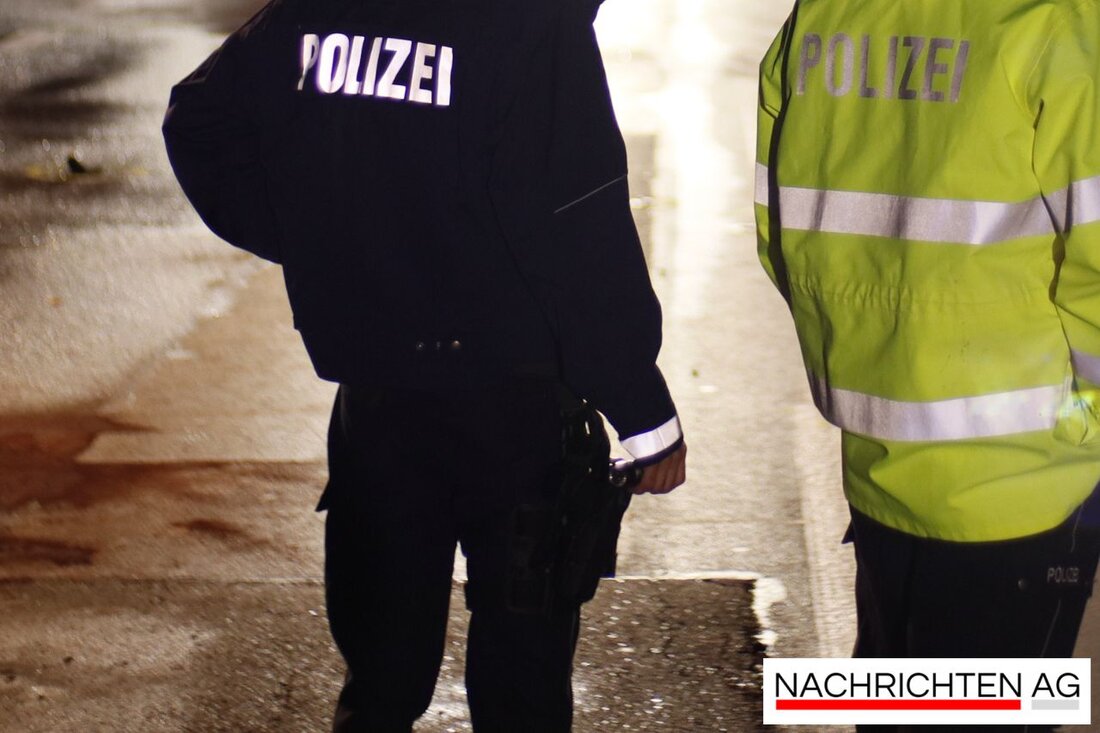Munich 2027: New garbage containers and bizarre projects for the city!
Munich 2027: New garbage containers and bizarre projects for the city!
From 2027, the Munich team may dispose of their packaging waste directly in front of the apartment in new and additional containers. This measure is part of a comprehensive plan to improve waste management in the city, with information about the specific containers and costs so far. In addition, the police carried out a raid in the Munich neighborhood "Haschheim" and confiscated 1,400 cannabis seedlings. The operator of several hemp stores, Wenzel Cerveny, is again under investigation, but so far there is only an indictment in one case.
The high rental load in Munich also has an impact on the catering trade. For example, the Café Buur and the Hamburgry rely on an unusual sharing model for increasing income. In a further aspect of city life, surfing on the Eisbach wave remains possible despite forbidden conditions. After a fatal accident, however, the position is closed, which reinforces the discussion about security and leisure activities in the city.
security concerns and cultural initiatives
In another part of the urban security problem, a 34-year-old man from Casablanca broke into high-level quarter to pay game debts, and captured hundreds of thousands of euros. In addition, per railway demands more security at stops, especially after a tragic accident, in which two people lost their lives. In the spiritual and cultural sector, the State Opera, together with three other institutions, will open its splendid rooms during the day in order to promote social participation and to act as a "third place". This initiative should in particular give citizens access to culture that may otherwise be excluded.
A positive development step shows the introduction of a new online portal for barrier-free navigation through Munich. This is intended to help people with restrictions to find their way better in the city.
innovative approaches in waste management
A future -oriented example of waste recycling is the retention renewal of car tires, which is considered to be prepared for reuse in accordance with the circulatory economy law. In the retirement renewal, the worn outer area is peeled off and replaced by a new one. The raw material consumption for completely renewed tires is significantly lower than that of new tires: 15 kg rubber and 5.5 liters oil compared to 60-80 kg of rubber compound and 28 liters of crude oil for new tires. Surprisingly, the costs for completely renewed tires are 45-60 percent of the price of a new tire, which is both economically and ecologically sensible.
In Germany, about 10 % of car tires are sold as retired, with truck tires this proportion is even around 50 %. There is a stable trend in the entire European area: The recycling rate for altar tires rose from 94 % to 96 % since 2007. Innovative procedures enable the return of large shares of reproduced rubbers to the production, which entails additional advantages for the environment.
In order to support the progress in waste management, it is important that waste is collected separately in order to use the material potential in the best possible way. This is particularly important since the introduction of the mandatory separate collection for waste paper, waste glass, plastic waste and organic waste in 2015. In Germany, around 350 million tons of waste are incurred annually, with the construction and demolition drops make up 60 % of the volume.
The development of waste management in Germany has changed from an elimination economy to a circular economy since the 1970s. The aim is to protect natural resources and to improve environmental and climate protection. Sustainability is increasingly integrated into daily practice, from gastronomy to waste management.
| Details | |
|---|---|
| Ort | Haschheim, Deutschland |
| Quellen | |


Kommentare (0)